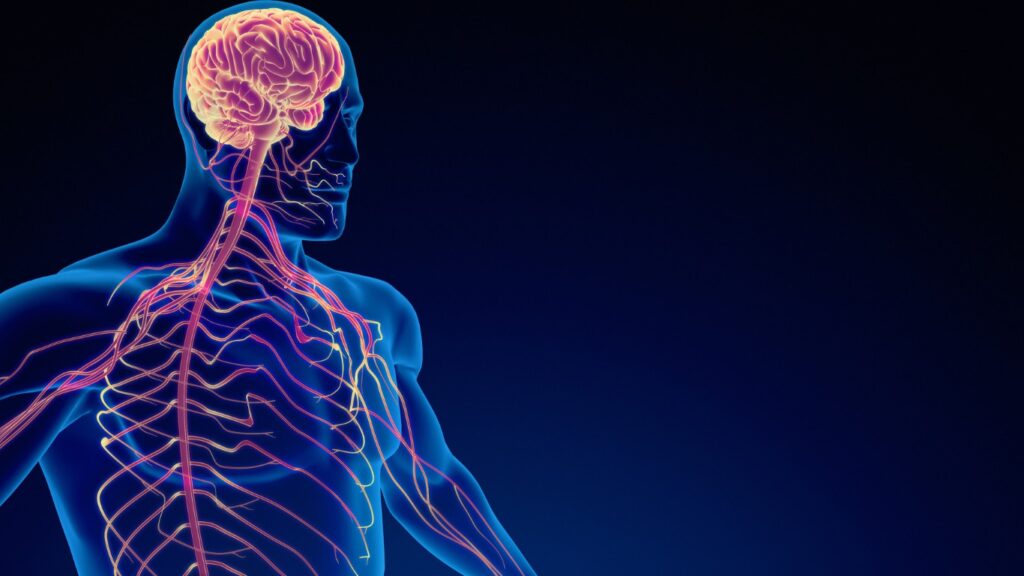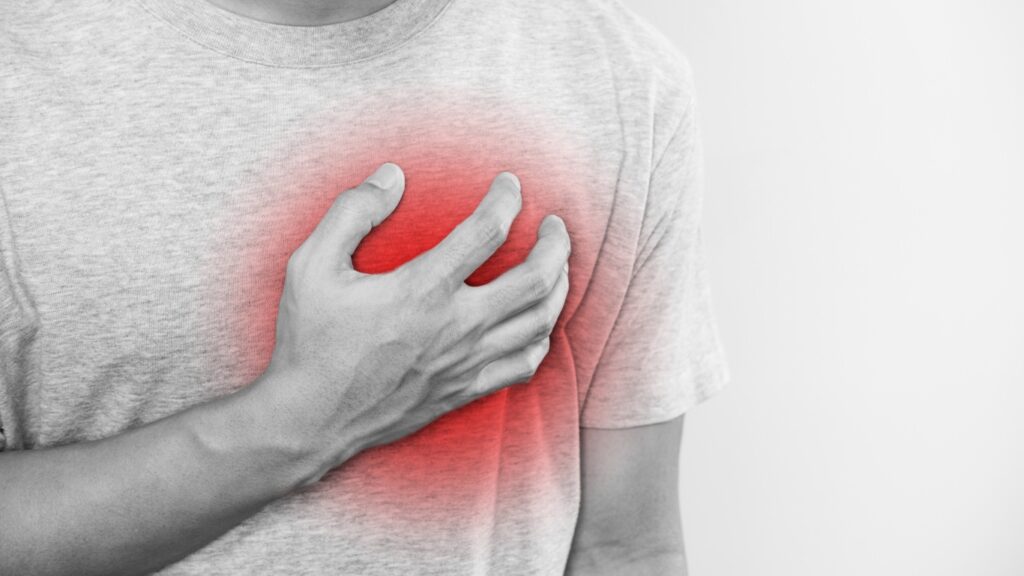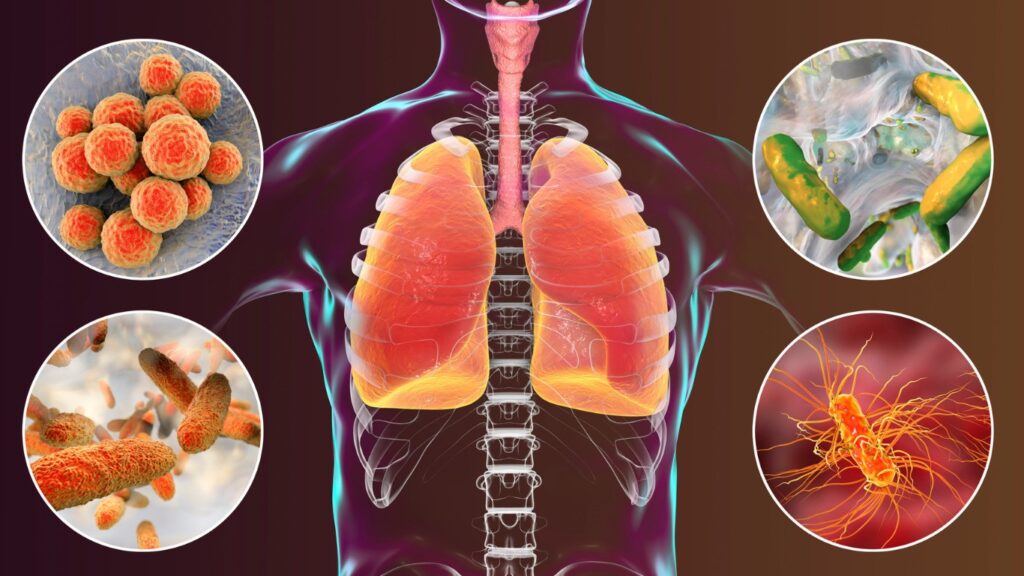Disclosure:
Thank you for reading this post, don't forget to subscribe!
Some of the links on this website are affiliate links. This means that if you click on the link and make a purchase, we may receive a small commission at no extra cost to you. Your support helps us keep the site running.Learn more on my Privacy Policy and Affiliate Disclosure page. Thank you for your support!
Stress is a natural response to perceived threats or challenges, activating the body’s stress response system. This response is often referred to as the “fight or flight” mechanism, preparing the body to either confront or flee from danger. While acute stress is a short-term response to immediate threats, chronic stress occurs when stressors persist over a long period, leading to prolonged activation of the stress response system. This transition from psychological stress to physiological manifestations underscores the complex interplay between mind and body.
read next: The Impact Of Stress On Productivity And How To Manage It.
Understanding Stress and Its Impact on the Body

Physical Symptoms Of Stress Are Varied And Can Affect Different Parts Of The Body:
Muscle Tension: Chronic stress often leads to prolonged muscle tension, which can result in headaches, neck pain, and back pain.
Gastrointestinal Issues: Stress can cause or exacerbate issues like irritable bowel syndrome (IBS), indigestion, and stomach ulcers.
Cardiovascular Symptoms: Increased heart rate, high blood pressure, and even heart disease can be influenced by chronic stress.
Skin Reactions: Stress can trigger or worsen skin conditions like rashes, acne, and eczema.
learn more about: Mayo Clinic: Stress Symptoms
A reliable source from Mayo Clinic outlining how stress causes physical symptoms.

Stress and the Immune System: A Delicate Balance
Stress impacts the immune system, which can lead to a delicate balance between optimal functioning and dysregulation. Chronic stress suppresses the immune response, increasing susceptibility to infections and potentially contributing to the development of autoimmune diseases. Understanding the science behind this relationship emphasizes the importance of managing stress to maintain a healthy immune system.

The Psychology Behind Stress-Induced Physical Symptoms
Psychosomatic symptoms are physical manifestations that stem from psychological factors. The mind-body connection plays a crucial role in interpreting stress, with anxiety and depression often leading to physical counterparts such as fatigue, insomnia, and chronic pain. Recognizing the psychological origins of these symptoms is vital for effective treatment and management.
find out more about: WebMD: Physical Symptoms of Stress
Detailed information about the physical effects of stress and how to manage them.
Managing Stress To Alleviate Physical Symptoms
Effective Stress Management Techniques Are Essential In Alleviating Physical Symptoms. These Include:
- Lifestyle Changes: Incorporating A Balanced Diet, Regular Exercise, And Sufficient Sleep Can Significantly Reduce Stress Levels.
- Mindfulness And Relaxation: Practices Like Meditation, Yoga, And Deep-Breathing Exercises Can Help Counteract Stress.
- Professional Help: Seeking Guidance From Healthcare Providers Or Therapists Can Provide Tailored Strategies For Managing Stress.
Discover more about: The Benefits Of Mindfulness Meditation For Stress Relief

Support and Resources for Dealing with Stress
Support and resources play a crucial role in managing stress effectively. These include:
- Healthcare Providers: Doctors And Mental Health Professionals Can Offer Interventions And Support.
- Support Groups: Communities Focused On Stress Relief Provide A Sense Of Belonging And Shared Experiences.
- Educational Materials: Books, Online Resources, And Workshops Can Offer Coping Strategies And Stress Management Techniques.

Brief Summary
Stress, whether acute or chronic, can significantly impact the body, leading to various physical symptoms. Understanding the stress response system and its effects on the body and immune system is crucial. Recognizing the psychological origins of physical symptoms can aid in effective management. Implementing stress management techniques and utilizing available support resources can help alleviate stress-induced physical symptoms.
recent post:
- Gut Health Decoded: How Your Microbiome Shapes Energy, Mood, and Immunity
- The Science of Stillness: How Doing Nothing Can Heal Your Mind and Body
- Are You a Late-Night Snacker? 5 Possible Reasons Why You Can’t Stop Craving Food at Night
- The Ultimate Fat-Loss + Muscle Retention Blueprint (For Men)
- Smart Biceps Training: A Science-Backed Blueprint for Bigger, Stronger Arms
Conclusion
The intricate relationship between stress and physical health highlights the importance of addressing stress proactively. By recognizing the signs, understanding the underlying mechanisms, and employing effective stress management strategies, individuals can mitigate the adverse effects of stress on their bodies.
Take charge of your health by identifying stressors in your life and implementing stress management techniques. Seek support from healthcare providers, join support groups, and utilize educational resources to better manage stress and improve your overall well-being.
“Subscribe for exclusive content, and daily inspiration! Join our newsletter and let’s stay connected on the path to positivity. Sign up today! ?? #StayInspired”








